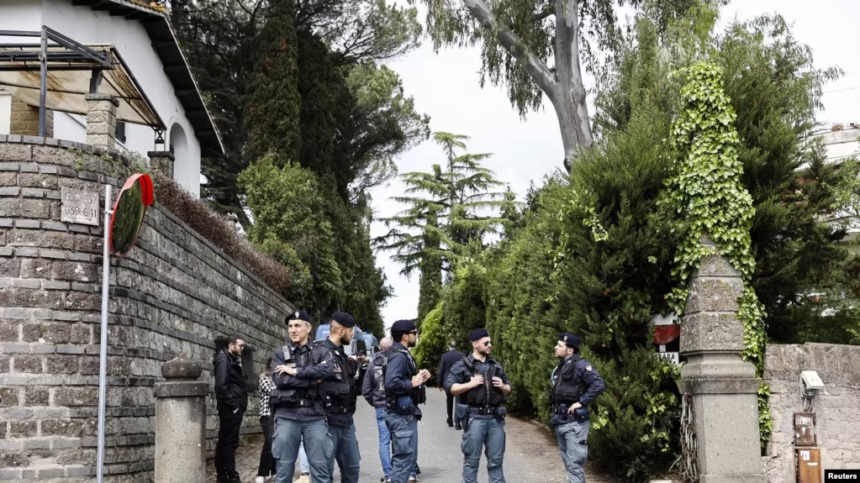The United States and Iran have agreed to a third round of nuclear negotiations, signaling a cautious step forward amid rising tensions and mixed diplomatic messages from the White House, reports RFE.
The April 19 meeting in Rome followed last week’s initial high-level talks in Oman—the first of their kind in years. Leading the delegations were White House Special Envoy Steve Witkoff and Iranian Foreign Minister Abbas Araqchi.
Third Round Set for April 26 in Oman
While Washington has yet to comment on the Rome discussions, Araqchi confirmed that both sides agreed to resume talks on April 26 in Oman, with technical-level expert negotiations beginning on April 23.
“We will review the experts’ progress and assess how close we are to a framework agreement,” Araqchi stated.
Rubio: “We Prefer a Peaceful, Sustainable Solution”
US Secretary of State Marco Rubio, speaking from Paris, echoed hopes for diplomacy:
“Everyone would prefer a peaceful and lasting solution,” he said. “But it must ensure Iran is prevented from obtaining nuclear weapons—not just now, but permanently.”
The US and its Western allies have long accused Iran of pursuing nuclear weapons, a claim Tehran denies, insisting its nuclear program is solely for civilian energy purposes.
Trump’s Contradictory Messaging Raises Uncertainty
Since returning to the White House in January, President Donald Trump has revived his “maximum pressure” sanctions campaign against Iran. Just last month, he sent a letter to Iran’s Supreme Leader, urging renewed negotiations while warning of possible military action if diplomacy fails.
Trump has delivered inconsistent signals in recent days:
- April 17: “I’m in no rush to use military force. I think Iran wants to talk.”
- April 18: “Iran must never possess a nuclear weapon. I want Iran to thrive—but without nukes.”
Meanwhile, Steve Witkoff briefly suggested the US might accept a limited Iranian nuclear program, only to retract that comment hours later, insisting on the complete dismantlement of Iran’s program.
Israel’s Role Looms Large
Israel remains a critical player in the broader debate. Israeli officials have repeatedly vowed to prevent Iran from acquiring nuclear weapons, and some media speculate that Israel is weighing a military strike against Iranian nuclear facilities.
However, reports suggest that Trump privately warned Israeli PM Benjamin Netanyahu that the US would not support such a move, emphasizing the risks of regional escalation.







